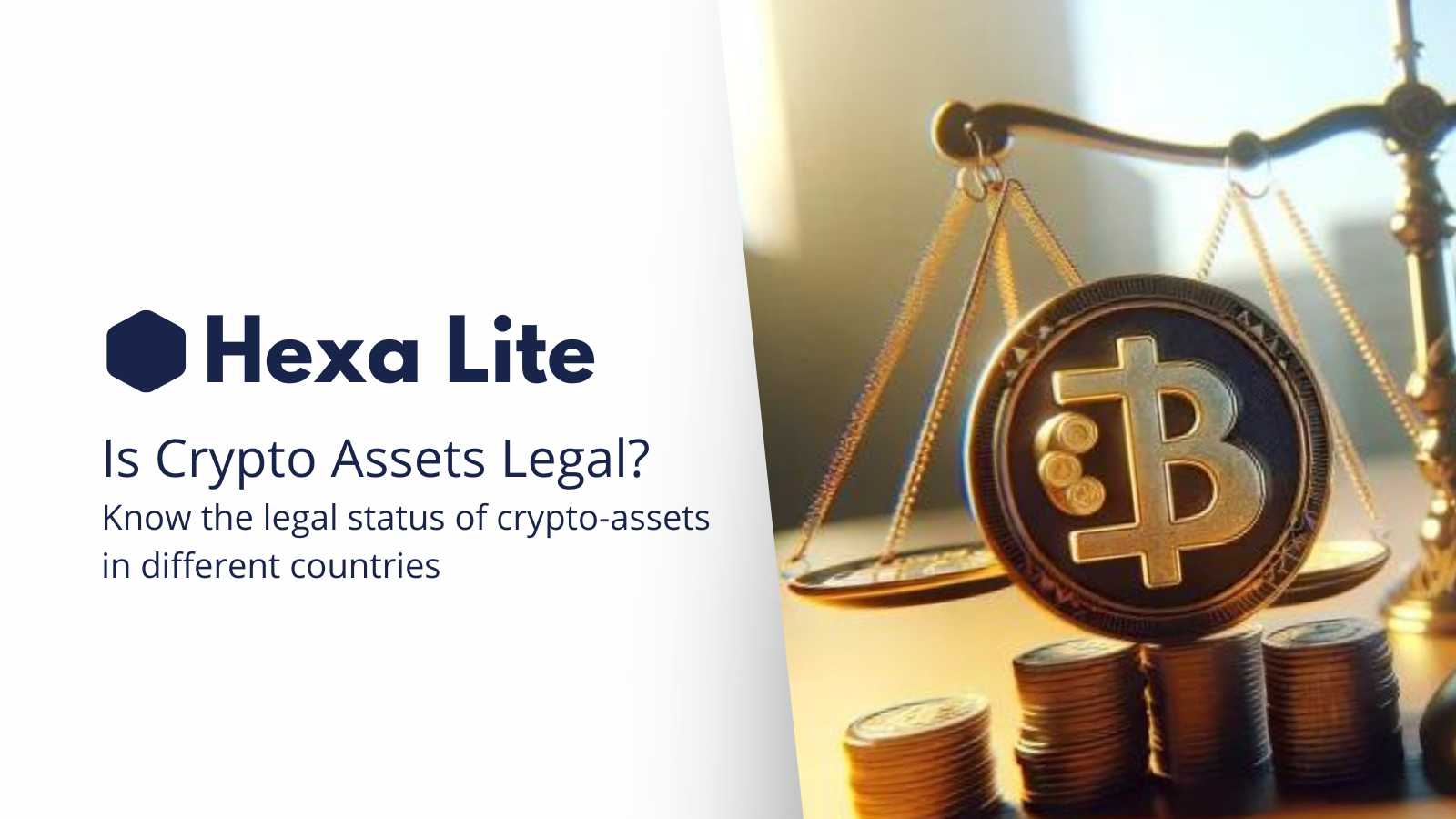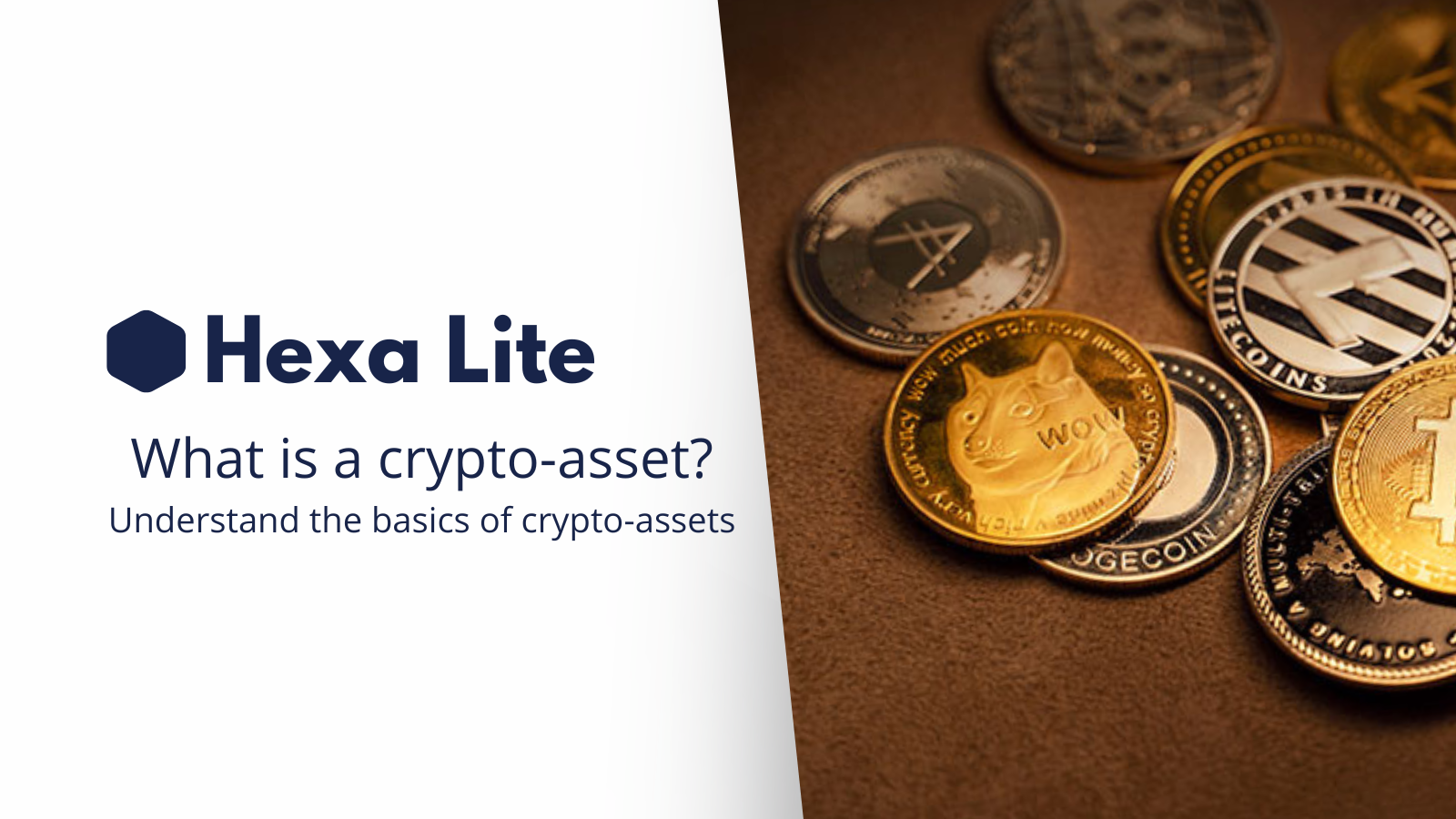· 3 min read
Is Crypto Assets Legal? Know the legal status of crypto-assets in different countries
Learn about the legal status of crypto-assets in different countries and how they are regulated. Discover the challenges and opportunities of investing in crypto-assets.

Cryptocurrency has emerged as a global phenomenon, transcending geographical boundaries and traditional financial systems. However, the legal status of crypto-assets varies significantly from one country to another, leading to uncertainty and complexity for investors and businesses alike. In this article, we will explore the legal status of crypto-assets in different countries, the regulatory frameworks governing them, and the challenges and opportunities they present.
Legal Status of Crypto-Assets
United States
In the United States, the legal status of crypto-assets is determined by various regulatory agencies, including the Securities and Exchange Commission (SEC), the Commodity Futures Trading Commission (CFTC), and the Internal Revenue Service (IRS). Cryptocurrencies such as Bitcoin and Ethereum are considered commodities by the CFTC, while certain tokens may be classified as securities subject to SEC regulations.
European Union
In the European Union (EU), crypto-assets are subject to the Fifth Anti-Money Laundering Directive (5AMLD), which imposes regulations on virtual asset service providers (VASPs) to prevent money laundering and terrorist financing. Additionally, individual member states may have their own regulations governing cryptocurrencies.
China
China has adopted a strict approach to cryptocurrency regulation, banning initial coin offerings (ICOs) and crypto exchanges. However, the country has expressed interest in developing its own digital currency, the digital yuan, which is currently being piloted in various cities.
Japan
Japan has embraced cryptocurrency regulation with the introduction of the Payment Services Act, which recognizes Bitcoin and other cryptocurrencies as legal tender. Crypto exchanges operating in Japan must obtain a license from the Financial Services Agency (FSA) and comply with stringent regulations.
Switzerland
Known for its crypto-friendly regulations, Switzerland has established itself as a hub for blockchain and cryptocurrency innovation. The country’s progressive approach to regulation has attracted numerous crypto startups and businesses.
Challenges and Opportunities
Regulatory Uncertainty: One of the biggest challenges facing the crypto industry is regulatory uncertainty, with different countries adopting varying approaches to regulation. This uncertainty can hinder investment and innovation in the sector.
Compliance Requirements: Compliance with regulatory requirements, such as KYC (Know Your Customer) and AML (Anti-Money Laundering) procedures, can be complex and costly for crypto businesses, particularly those operating internationally.
Market Volatility: The volatile nature of cryptocurrency markets presents both opportunities and risks for investors. While price fluctuations can lead to significant gains, they also increase the potential for losses.
Institutional Adoption: Despite regulatory challenges, there is growing interest from institutional investors in crypto-assets, with some large financial institutions and corporations investing in Bitcoin and other cryptocurrencies.
Conclusion
In conclusion, the legal status of crypto-assets varies widely across different countries, with some embracing innovation and others imposing strict regulations. While regulatory uncertainty remains a challenge, the potential for growth and innovation in the crypto industry is undeniable. By staying informed about the legal landscape and understanding the opportunities and risks involved, investors can navigate the world of crypto-assets more effectively and responsibly.



